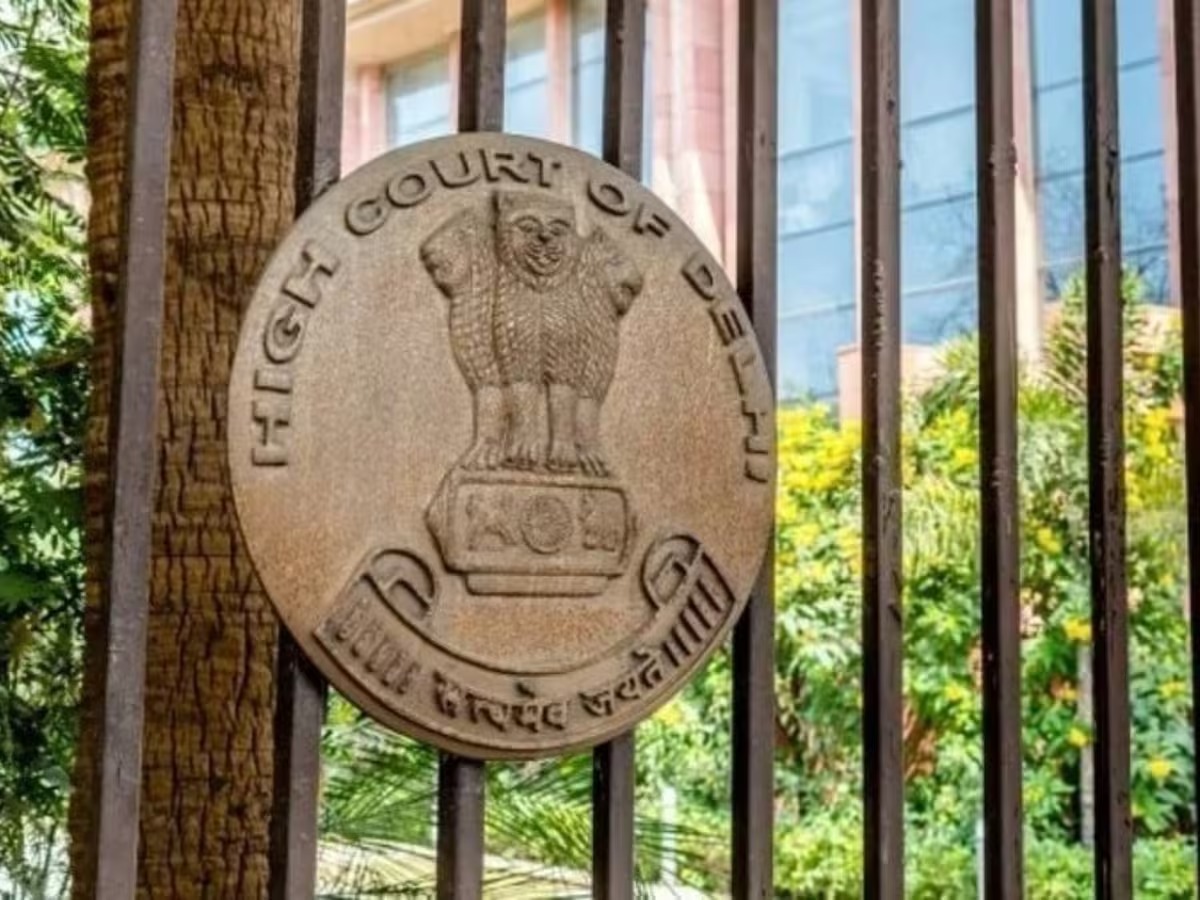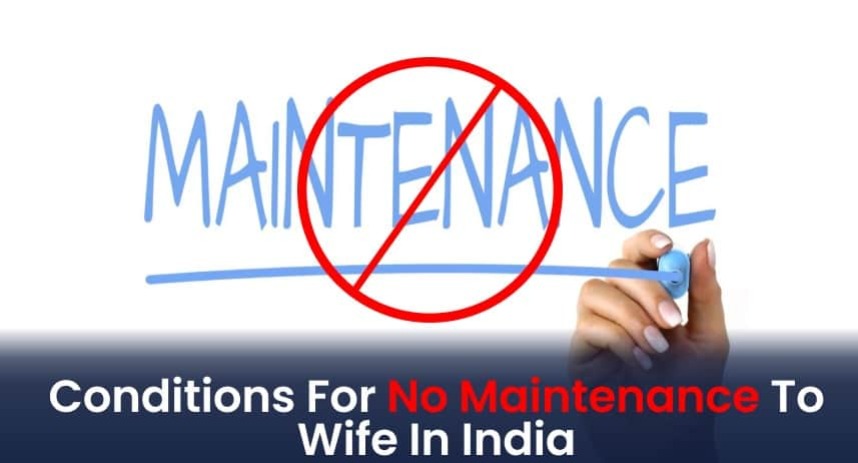Pankaj Mithal, J.@mdashHeard Sri H.P. Dubey, learned counsel for the petitioner. Petitioner wife has filed this petition aggrieved by the order dated 4.9.2012 passed by the family Court Agra allowing the respondent husband to engage a lawyer for prosecuting the divorce case on his behalf.
2. A little experience of the matrimonial disputes on a bare glance on the facts and circumstances of this petition would reveal that the petitioner wife has invoked the writ jurisdiction of this Court not because the order impugned is illegal or causes prejudice to her or infringes her rights but to harass the respondent husband which is sheer abuse of the process of law.
3. The petitioner and respondent are husband and wife. The marriage between them was solemnized and registered at Mumbai sometime in the year 2006. There was a discord between them. They started living separately. The wife at Agra whereas the husband in job at California (USA). The husband appears to be a resident of Mumbai.
4. The husband initiated proceedings for divorce against the wife at Mumbai. The said proceedings at the instance of wife were ordered to be transferred by the Apex Court to the family Court at Agra where she is residing.
5. Previously, on behalf of the husband his power of attorney holder moved two applications for engaging a lawyer. The said applications were rejected on the ground that the husband himself had not appeared before the Court for seeking permission to engage a lawyer.
6. The present application paper No. 27 Ga seeking permission of the Court for engaging a lawyer to represent him before the family Court was moved by him in person. In the said application supported by an affidavit it is stated that he has come from USA wherein he is in job to attend the proceedings. It is not practically possible for him to be present in Court on each and every date fixed in the proceedings but he undertakes to appear in person whenever it would be desired and felt necessary by the Court. He is also unable to pursue the proceedings himself without the aid of legal expert.
7. The aforesaid application has been allowed and he has been permitted to engage the services of a lawyer.
8. The submission of the learned counsel for the petitioner is three fold; first, that in the past two similar applications moved on behalf of the respondent have been rejected; second, in view of Section 13 of the Family Court Act, 1984 (hereinafter referred to as an Act) the Court cannot permit engagement of a lawyer in a routine manner particularly when the matter is yet to be reconciled; lastly, the discretion of engagement of a lawyer cannot be exercised in violation of Rule 28 of the Rules framed under the Act.
9. The earlier applications filed on behalf of the husband for engaging a lawyer were rejected on a technical ground that they were not moved by the husband in person. The merits of the applications were not considered. The rejection of the said applications therefore would not hamper or vitiate the merits of the order passed on the present application. The submission in this regard is of no value.
10. Section 13 of the Family Court Act reads as under:
13. Right to legal representation.--
Notwithstanding anything contained in any law, no party to a suit or proceedings before a Family Court shall be entitled, as of right, to be represented by a legal practitioner:
Provided that if the Family Court considers it necessary in the interest of justice, it may seek the assistance of a legal expert as amicus curate.
11. A plain reading of the aforesaid provision indicates that it does not place an absolute bar upon the engagement of a lawyer and that the family Court at its discretion can always seek assistance of a lawyer. In other words, engagement of a lawyer in family Court is not permissible as of right but nonetheless in certain contingencies a party can be allowed to be represented by a legal practitioner.
12. Rule 24 of The Uttar Pradesh Family Court Rules, 1995 provides that where family Court considers necessary in the interest of justice, it may seek the assistance of a legal expert on legal issues. At the same time, Rule 27 of the U.P. Family Court (Courts) Rules, 2006 which have been framed in exercise of powers u/s 21 of the Act, empowers the family Court to permit the parties to be represented by a lawyer in Court not only where the cases involve complicated questions of law but also where the Court is of the view that the party will not be in a position to conduct his or her case himself/herself adequately or for any other reason. The above Rule widens the scope for granting permission to parties to be represented by a lawyer before the family Court by using the term or for any other reason.
13. In short, the conjoint reading of Section 13 of the Act and the aforesaid Rules in no way completely prohibits the presence of lawyers in family Courts rather it authorizes family Court in its wisdom and discretion to permit the parties to engage lawyers even for any reason other than the reasons specified.
14. A Division Bench of this Court in Banshidhar v. Seema, 1992 Cri LJ 1592, considered the provision of Section 13 of the Act and held that a representation of a party by a legal practitioner depends upon the discretion of the family Court. The aforesaid provision does not impose a complete ban on the representation of the party by a legal practitioner rather it allows the family Court to permit parties to be represented by counsel in the interest of justice.
15. In
16. The legal position that emerges from the above discussion can be summerised as under:
(i) Ordinarily, lawyers are not permitted before family Court especially where the Court is in the process of reconciliation of the dispute between the parties and the divorce is applied by mutual consent;
(ii) There is no absolute prohibition in engaging a lawyer where complicated legal issues are involved or where parties are not in a position to conduct there case for want of legal knowledge or of any other reason; and
(iii) The Court can always seek legal assistance of a lawyer, if considered necessary;
17. Thus, the family Court in addition to the above specified occasions in its discretion and wisdom can allow engagement of lawyers for any other reason which may include conditions of the nature where it is practically not possible for a party to attend the proceedings personally on every date/dates in the present case.
18. In the instant case, the respondent is working and living in USA and it is not practically possible for him to attend the proceedings at Agra on every date. He is not denying his appearance whenever it would be required by the Court. Thus, in the circumstances, if the family Court has permitted him to engage a lawyer, no exception to it can be taken so as to require any interference in exercise of extra ordinary discretionary jurisdiction.
19. Rule 28 of Rules 2006 provides for notice to other side on the application by a party seeking permission for representation by a lawyer. It reads as under:
Rule 28.--Any application for representation by a lawyer in Court shall be made by such party to Court after notice to the other side, not less than one week prior to the date fixed for hearing of the petition. The case shall not be adjourned on this ground.
20. It mandates for filing such application at least a week prior to the date fixed for hearing of the petition after notice to the other party. The aforesaid Rule contemplates notice of the application a week before hearing but not a week''s notice.
21. The said rule is to intimate the other side that a party is thinking of engaging a lawyer/legal expert so that the other side may not be taken by surprise and is pitted against a legal expert unarmed or unprepared.
22. In the present case, a copy of the application to engage a lawyer moved by the respondent was served upon the petitioner well before hearing as by then no date was fixed for hearing. Therefore, there is violation of the aforesaid Rule.
23. Learned counsel for the petitioner submits that the petitioner wanted to file objections against the said application.
24. The Court inquired from the learned counsel for the petitioner as to what possible objections the petitioner wanted to take against the engagement of lawyer by the respondent. He appears to be in a predicament and unable to point out any possible objections to it. He could not inform the Court as to the prejudice the petitioner would suffer, if the respondent is allowed to engage a lawyer.
25. In the totality of the facts and circumstances, as the petitioner cannot legally deny the respondent the services of a lawyer and that she is unable to show any prejudice to her, I am of the view that matter requires no intervention of this Court in exercise of discretionary jurisdiction under Article 226 of the Constitution of India. However, it goes without saying that in case the Court below enters into an exercise for reconciliation it can always insist for the personal appearance of the parties and deny participation of the lawyer during reconciliation. The engagement of lawyer should not be taken to mean that the personal appearance of the party is exempted for all times. The Court is always free to have the attendance of the parties, if considered necessary, despite permitting engagement of lawyers. The writ petition lacks merit and is dismissed with the above observation.

